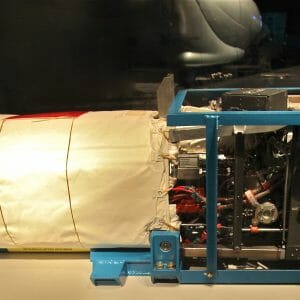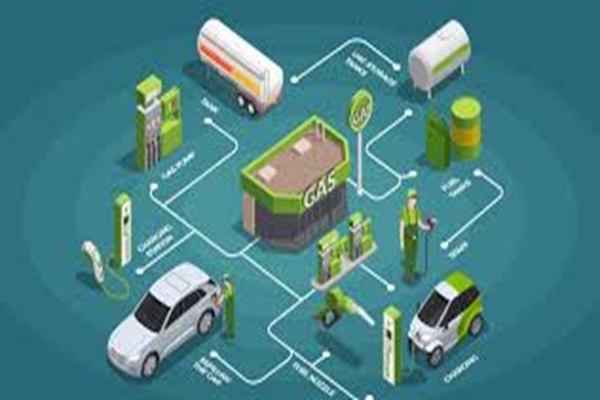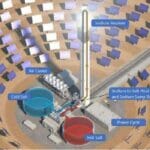Subtotal: $75.00
- Course No E – 2097
- PDH Units: 2
No data found for Custom Course Number
No data found for Custom Course Units
Intended Audience: Energy, Mechanical and Environmental Engineers.
PDH UNITS: 2
This course, 'LNG Auxiliary Systems: It's Not All About LNG,' is designed to provide a high-levelunderstanding of the auxiliary systems essential for the operation of LNG plants. Participants will explore the functionality, maintenance, and critical importance of various auxiliary systems such as glycol cooling and heating systems, instrument air, fire protection, and emergency power systems, among others. The course emphasizes the significance of reliable auxiliary systems in ensuring safe and efficient LNG plant operations For this intermediate-level course, the learner must have a basic knowledge of LNG and its uses.
Learning Objectives
The learning objectives of THIS SESSION Nine are to understand at an intermediate level the following: Upon completion of this course, students will be able to:- Understand the operation of essential auxiliary systems at an LNG plant.
- Recognize the criticality of maintaining functional auxiliary systems for safe and reliable LNG plant operations.
- Identify the consequences of poor maintenance and its potential to lead to facility shutdowns.
- Learn the specific roles and configurations of various auxiliary systems, including but not limited to: glycol systems, fire water systems, emergency power supplies, and nitrogen systems.
- Gain insights into the integration of auxiliary systems with Distributed Control Systems (DCS) and Safety Integrated Systems (SIS) to enhance overall plant safety and efficiency.
- Understanding how to safely, reliably, and efficiently operate an LNG plant
- General characteristics of LNG and safety
- Liquefaction pretreatment,
- Liquefaction systems,
- LNG tanks, valves, pumps, vaporizers, auxiliaries, and other LNG plant equipment.
- BOG management and plant operations
- Transporting LNG
- Efficient operation of LNG facilities
- Importance of philosophies, procedures, maintenance, and modes of operation.
- Understanding the thermodynamic relationship that governs the behavior of zeotropic hydrocarbons.
Once completed, your order and certificate of completion will be available in your profile when you’re logged in to the site.


 E - 1124 Fuel Cells–Green Power
E - 1124 Fuel Cells–Green Power 







